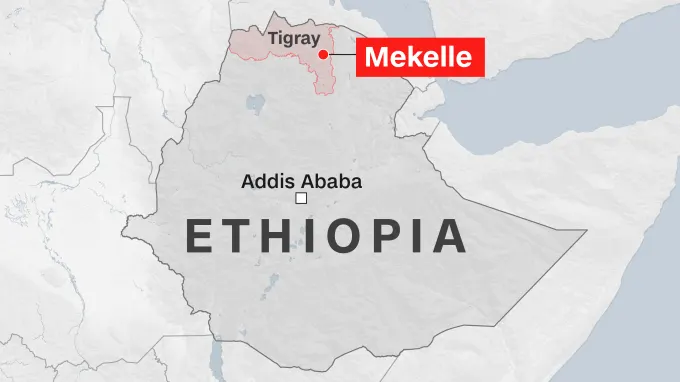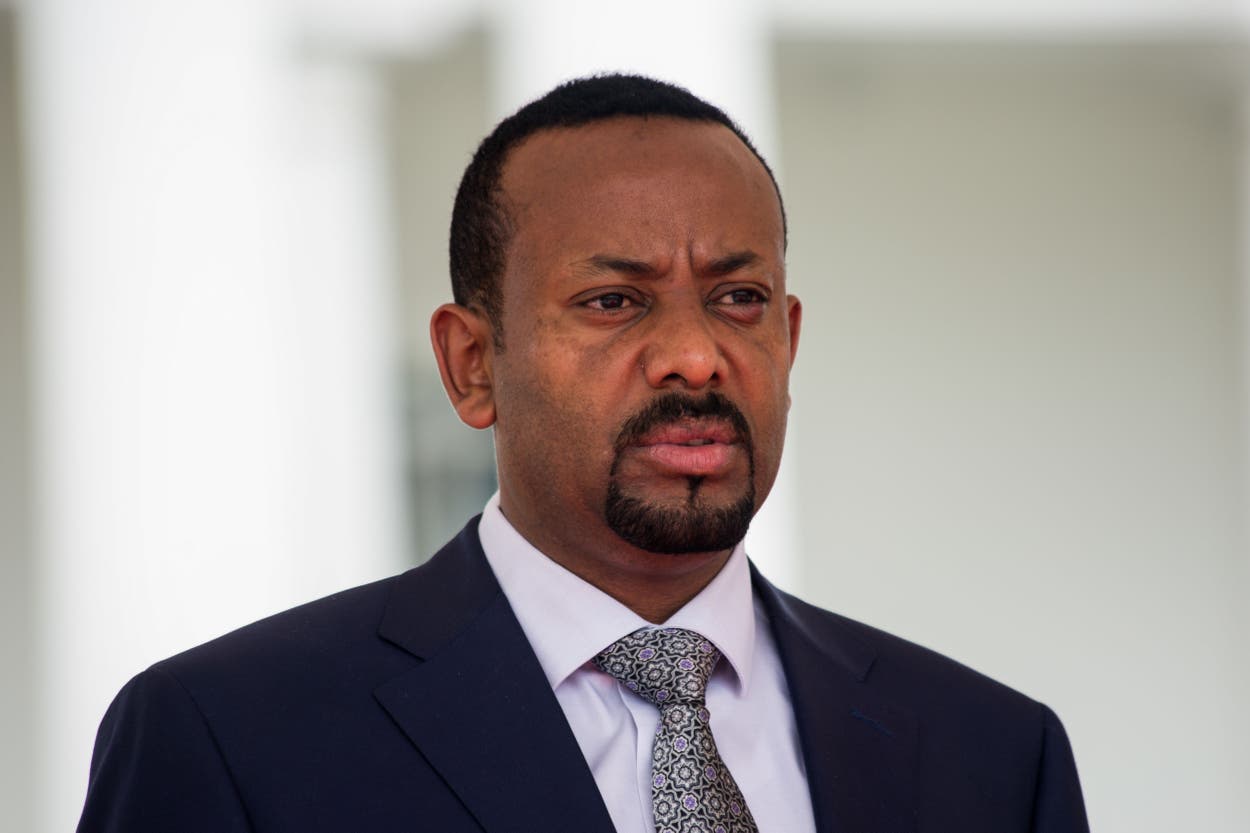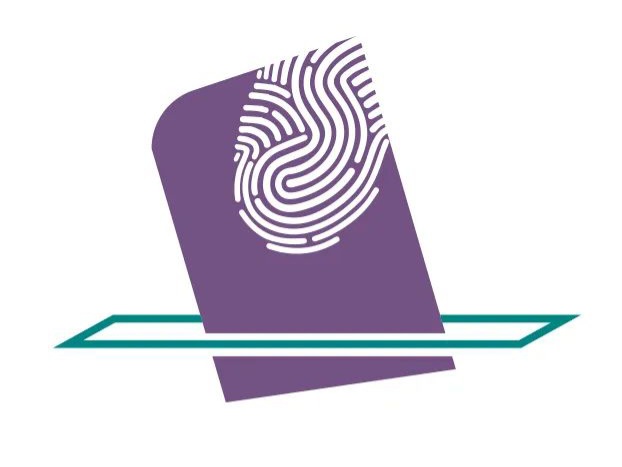By HANA-MARIAM TESHOME
Nearly 750 ethnic Tigrayan ex-soldiers, who were stationed in Darfur and in the disputed Abyei region along the Sudan-South Sudan border, under UN Peace keeping mission have been stranded at a Sudanese refugee camp for years, fearing prosecution if they return home.
Since the end of their peacekeeping mission in July 2022, coinciding with the height of the northern Ethiopia conflict, a total of 851 Tigrayan peacekeepers sought asylum in Sudan.
Many of them chose to stay in Sudan, fearing the risk of arbitrary detention or worse if they return back into Ethiopia.
A recent report from Human Rights First Ethiopia, a local civil rights organization, revealed that some of the Tigrayan ex-soldiers who returned to Ethiopia were imprisoned for months at places like Awash Arba prison and Hurso military camp.
“At the time, returning to Ethiopia felt like walking towards death. We just wanted to avoid everything we might face, so we asked for asylum.” said a high ranking officer cited in the report.
Although over 100 former peacekeepers have managed to return to Ethiopia in recent years, often using their own resources, some have been detained upon arrival.
One former peacekeeper, after being arrested in Assosa, was sentenced to three years in prison by a military tribunal.
For those still in Sudan’s Gedaref province, the fear of persecution in Ethiopia, coupled with the ongoing instability in Tigray, has kept them from returning home.
Financial difficulties, with many unable to afford the journey, have further delayed their return.
Meanwhile, the 102 Tigrayan ex-peacekeepers who are in Ethiopia are struggling to receive the payment they’re owed for their service.
According to a 2019 UN General Assembly resolution, peacekeepers are supposed to receive a salary of USD 1,428, but payments are made through the governments of the soldiers’ home countries, not directly to the individuals.
The Ethiopian government typically pays its peacekeepers a percentage of their gross salaries—between 44 and 50 percent—based on rank and other factors.
When the ex-peacekeepers in Sudan requested their payments, they were told by UN officials that they should collect their wages through the Ethiopian government.
However, when they asked the Ethiopian Ministry of Defense about it, officials initially promised to look into the matter but ultimately refused to pay them their salaries.
Under normal conditions, peacekeepers are supposed to be paid within three months of returning home.
The amounts owed to the ex-peacekeepers, depending on their service time and rank, range from 175,000 to 1.1 million birr.
The report from Human Rights First Ethiopia argues that these former soldiers’ rights have been violated.
The organization states that other Ethiopians who served in peacekeeping missions were paid, and not paying the Tigrayan ex-peacekeepers—especially because they sought asylum due to the Tigray war—violates the principle of equality and fair treatment.
They also argue that the government’s refusal to pay these soldiers breaches labor rights laws and the fundamental right to freedom of movement, both within and outside Ethiopia.
Human Rights First Ethiopia has urged the Ethiopian government to facilitate the return of the former peacekeepers still in Gedaref, to pay them the salaries and benefits they are owed, and to release those who were detained upon their return.
The organization reminds the government that the Tigray conflict has ended with the Pretoria peace agreement, which was intended to restore the country’s constitutional framework.



